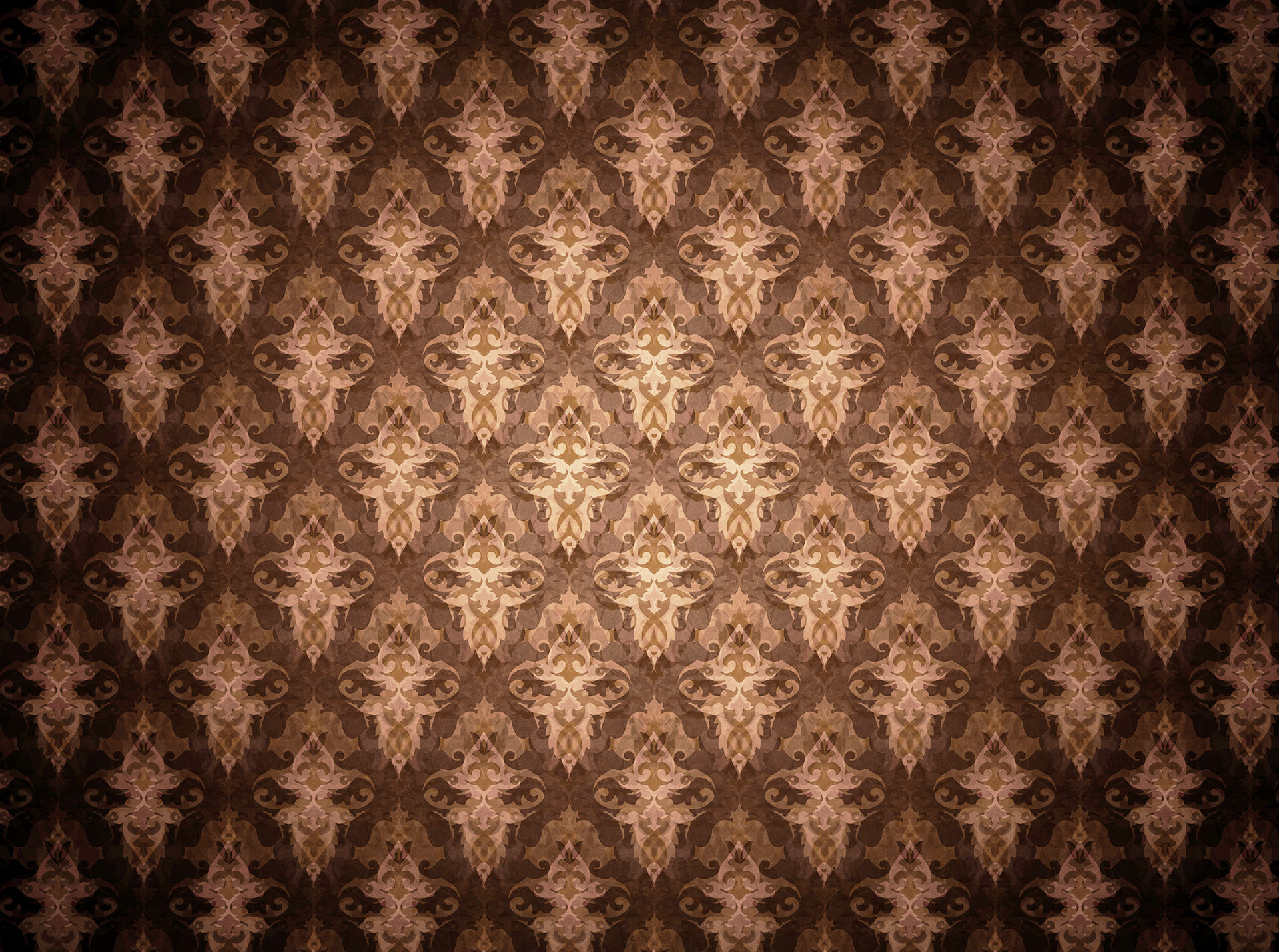A Capella Science and Guilty Heroism
If we think about “historiography” as meaning, “ways of understanding and writing history,” then the dominant historiography when I was learning was a push-back against “Great Man History,” largely informed by “Social History.” Basically, we were encouraged to reject (or at least challenge) the notion that major change was chiefly the result of titanic, individual actors who, due to some intrinsic virtue (genius, ambition, courage, entrepreneurship, etc.), turned the course of world events at the fated intersection of History and Their Lives. It’s an inviting perspective to take: it bolsters the notion (myth…?) of meritocracy by highlighting achievement and rewards; it populates our stories with meticulously described, richly personal characters who can be worshiped, emulated, and reverently shared – legends are appealing. It simplifies narrative, too, making history more accessible and the forces of cause and effect more comfortingly intuitive.
Growing up in an academic and scholastic culture that highlighted the flaws of Great Man History made it difficult to seriously countenance the notion of the “hero.” Even though epic individuality featured in most of the narrative-driven games I played, everything was overlaid with and troubled by the prima facie teachings of social history: change is only legitimately understood through the complex interactions of social systems, and if individuals are remembered, it tends to be because they were in the right place at the right time. For example, if not Galileo, someone else would soon have pointed a spyglass at the sky and come to the same conclusions in relatively short order – the ideas of Copernicus were already in the wild, lens-grinding and glass-manufacturing were already improving, the printing press was already saturating societies with explosive, uncontrollable communication, the literal orthodoxy of the Catholic church was already being undermined by Protestantism and Renaissance humanism. Galileo just happened to be the guy, okay?
All of this is preamble to explain that I feel uncomfortable using the word “hero” to laud an individual’s accomplishments, but yet I keep encountering contemporary artifacts and accomplishments that seem so unexpectedly-independently epic to me, that “heroic” is the adjective I need to use.
Read More